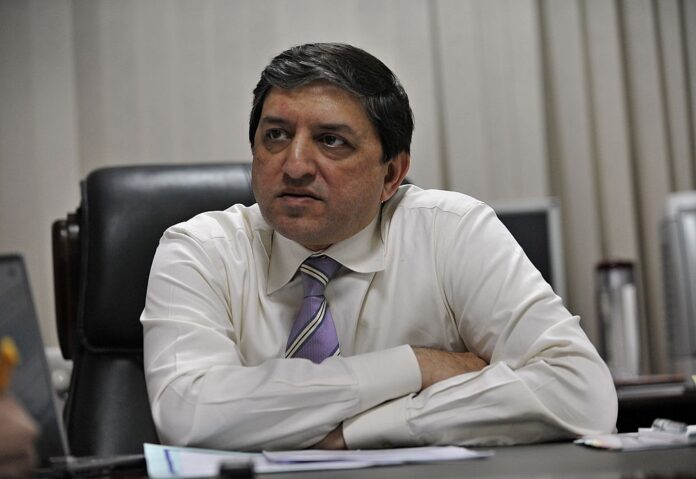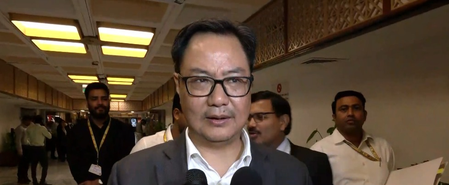Copyright pakistantoday

BEIJING: Senator Saleem Mandviwalla has called for the establishment of a robust legal and institutional framework to ensure the high-quality development of projects under the Belt and Road Initiative (BRI), including the China–Pakistan Economic Corridor (CPEC). Speaking at the China (Kashgar)–Central and South Asia Rule of Law Forum, the senator underscored that the rule of law must serve as the foundation for sustainable investment, regional stability, and shared prosperity, according to China Economic Net. “BRI is our shared journey toward connectivity and collective prosperity,” Mandviwalla said in his keynote address. “For this journey to succeed, we must build a legal environment grounded in trust, transparency, and mutual respect.” He proposed a three-pillar strategy inspired by Pakistan’s experience, focusing on legal certainty, institutional strength, and professional capacity. The senator said investor confidence thrives when contracts are enforceable, intellectual property rights are protected, and profit repatriation is guaranteed. “Investors gain confidence only when these fundamentals are ensured,” he remarked, stressing that legal predictability is essential for cross-border economic cooperation. Acknowledging that commercial disputes are inevitable, Mandviwalla said uncertainty — not conflict itself — poses the real obstacle to investment. He suggested the creation of international commercial courts and arbitration centres to resolve disputes swiftly and fairly, thereby enhancing trust among global business partners. He also called for greater investment in legal education and professional training, including exchange programs to cultivate lawyers and jurists versed in international commercial law. “A strong legal framework requires equally strong professionals,” he noted. The senator said Pakistan’s participation in the BRI reflects its commitment to regional connectivity, but added that the initiative’s long-term success depends on legal and institutional coherence among partner countries. The forum, which continues through October 31, has drawn delegates from across Central and South Asia, along with Chinese officials, legal experts, and diplomats. Participants are discussing ways to harmonize legal standards, strengthen dispute resolution mechanisms, and align regulatory frameworks to advance BRI’s connectivity and development goals.



